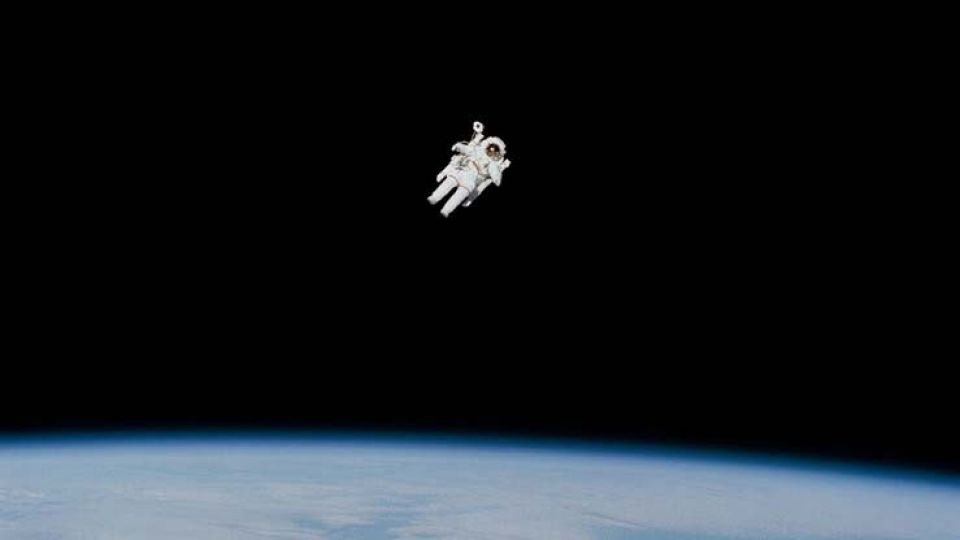June 13, 2024
BEIJING, HONG KONG – China has selected 10 new astronauts, including two from the country’s Hong Kong and Macao special administrative regions, according to the China Manned Space Agency.
The agency said in a news release on Tuesday that the newly selected astronauts — eight spacecraft pilots and two science payload specialists — are the fourth group of members at the Astronaut Center of China, located in a northwestern suburb of Beijing.
Both of the science payload specialists were chosen from applicants from Hong Kong and Macao, it noted.
Next, the new astronauts are scheduled to start systematic and comprehensive training at the center.
Along with the advances in international cooperation in China’s manned space programs, foreign nationals will also be selected to be trained as astronauts and take part in missions to China’s Tiangong space station, according to the agency.
Huang Weifen, chief trainer of Chinese astronauts, said that the final-list applicants from Hong Kong and Macao have passed several rounds of selection procedures, ranging from physical and psychological examinations to spaceflight-related skill tests.
The astronauts will be tasked with serving inside the Tiangong space station as well as fulfilling the nation’s manned missions to the moon, she added.
Noting that the spacecraft pilots in the fourth group of astronauts have been chosen from aviators serving in the Chinese armed forces, Huang said this is the first time that pilots from the Ground Force and Navy of the People’s Liberation Army have been given an opportunity to become astronauts. Previously, only aviators from the PLA Air Force had such a chance.
China started selecting the country’s fourth generation of astronauts in October 2022.
It is the first time that people from Hong Kong and Macao have had the opportunity to join the country’s astronaut group.
Hong Kong media reported earlier that the selected applicant from the city is Lai Ka-ying, a female chief inspector of the Hong Kong Police Force. The information has yet to be confirmed by the China Manned Space Agency, which usually does not disclose the names of new astronauts.
Hong Kong Chief Executive John Lee Ka-chiu said on Tuesday that the inclusion of a Hong Kong specialist in the fourth-generation astronaut group is an “extremely inspiring and uplifting development”. He called it a glorious milestone in the history of the SAR and its residents.
He thanked the central government for including Hong Kong candidates in the selection, which he said is a show of support for the SAR’s scientific and technological development.
Lee said it highlights the city’s unique status under the “one country, two systems” principle, reflects the nation’s strong support and encouragement for Hong Kong’s science sector, and acknowledges the research capabilities of scientists in the SAR.
The city will provide unwavering support to its scientists to make greater contributions to national science projects, he added.
The Macao SAR government said on Tuesday that the central government’s move sends a powerful message of encouragement to young people in the city.
It added that Macao is committed to actively promoting the city’s aerospace technology and its integration with other sectors, in order to facilitate the SAR’s high-quality economic development.
Generally speaking, an astronaut will be cleared for his or her first spaceflight after about two-and-a-half years of training, but that is subject to mission plans and developments, according to space officials.
Before the fourth group, China had 39 astronauts from three generations. Among them, 22 have taken part in 13 flight missions, including the latest, Shenzhou XVIII. Several in the first generation who had not taken part in any spaceflights during their service have already retired.


